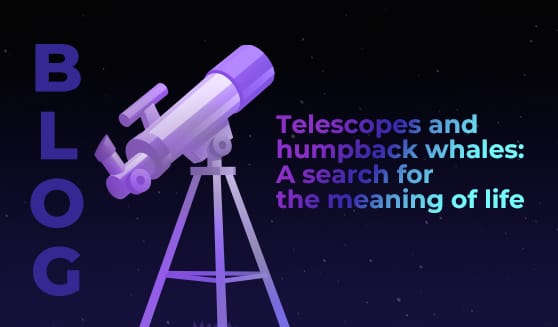
Joseph Bradley (CEO at Tonomus) came to LEAP 2023 to talk about the metaverse. Working deeply in this emerging sector, Bradley knows that the metaverse has become a bit of a mythical beast; so much so that many people have dismissed it as hype (like in this Bloomberg newsletter, and this 2022 survey in which 78% of Americans said they think the metaverse is just marketing hype).
But if the messaging around the metaverse was clearer, would more people recognise what it is (and what it isn’t)? Because arguably, we’re already living in the metaverse. It just isn’t the all-encompassing, totally-digital-all-the-time experience that we’ve been shown in shiny marketing campaigns.
There’s a group of people who think the metaverse is all about gaming; it’s just for play. Then there’s a second idea: that the metaverse is a social space, for people to interact with one another. Thirdly, there’s the industrial metaverse – which is all about modelling the physical world into the digital world for commercial purposes.
“Here’s the thing,” Bradley said, “all three of those examples actually promote a false dichotomy. Lots of the debate around the metaverse simply says, do you want to live in the physical world or do you want to live in the virtual world?”
“We don’t see it that way. We don’t think you’re going to live physically or virtually. We simply think you are going to live.”
So what is it, then?
For Bradley and Tonomus, the definition of the metaverse is much more straightforward:
“The metaverse is a link between the physical and the digital worlds that allows you to create a seamless and unified experience.”
It’s not one thing or the other. It’s all of the digital tech that we use to make life and work better and easier. In fact, it’s not really about technology at all – but about what tech can do for people.
With this in mind, Tonomus has defined five key areas of metaverse improvement:
- Education. “It’s about immersive skills, the ability to connect and personalise education. Why? Because 90% of what a learner learns is lost in a week. We can address that.
- Construction. Through the ability to create digital twins, “the metaverse can save up to 67% of cost structure” in the construction industry.
- Tourism. Borderless travel could transform this industry. Because when people see a virtual representation of what they’re considering buying, or a place they’re thinking of going, “they are 130% more likely to purchase,” said Bradley.
- Government. Because “90% of government services that exist today can be put into the metaverse,” streamlining the experience and reducing cost.
- Enterprise. Bradley shared a survey in which 68% of workers said if they had the choice they’d rather work in the virtual world than the physical one. “But here’s a take on that,” he added, “it’s a false choice. It’s not physical, it’s not virtual. It’s enabling both environments.”
“I wish all we had to do was worry about building tech,” Bradley said. “Unfortunately there is a storm that is brewing — and it’s not about technology. This storm that is brewing is about leadership.”
“Open the news, open any journal, what do you see we as a people are focusing on? We are far too focused on what makes us different.”
At the eye of the storm, however, a growing group of visionaries are honing in on a different way of being. “There’s something very special happening…at NEOM, at Tonomus, with 140 different nationalities putting differences aside to work together. And to understand that success is not about what makes us different. It’s about what makes us similar.”
The driving force between that work is responsibility: “It’s a responsibility to imagine and deliver a better world. The technology is great, the will is great, but we have to focus. Wake up each and every day and challenge what you believe to be true.”
Challenge the cries of hype. Challenge the people who dismiss the metaverse as a load of nonsense. Consider, instead, how you can leverage the tech available to you to overcome the biggest problems of our time – and bring people together.








